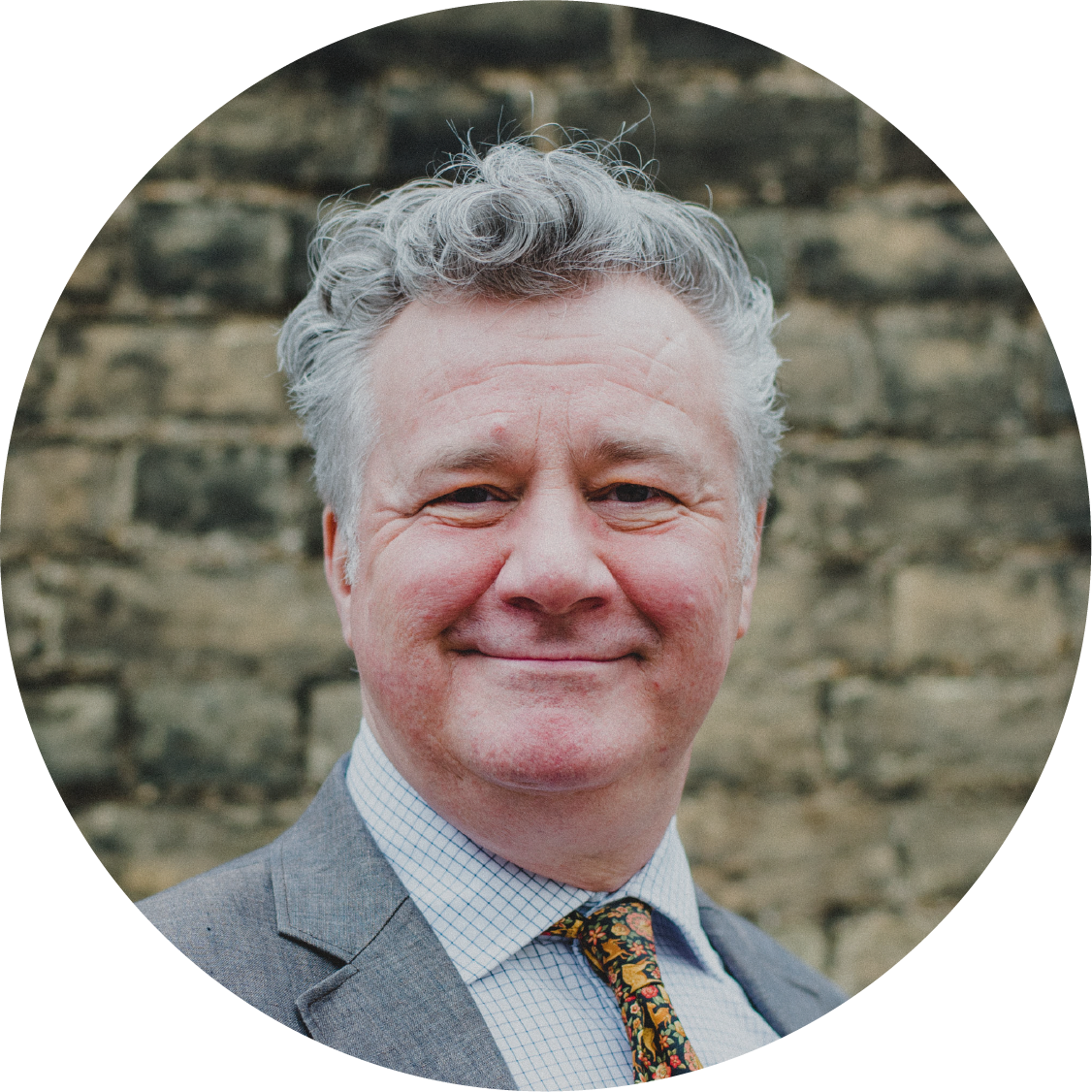
James Laidlaw is William Wyse Professor of Social Anthropology, Head of Department of Social Anthropology, and a Fellow of King’s College, in the University of Cambridge. James read Social Anthropology at Cambridge in the 1980s and then conducted doctoral research in India, on Jain communities in the western Indian states of Rajasthan and Gujarat. This resulted in a book on ritual theory, jointly authored with Caroline Humphrey (The Archetypal Actions of Ritual, 1994) and a monograph on contemporary Jainism (Riches and Renunciation, 1995) which focused on the practical integration of conflicting ethical values in social, economic, and family life as well as religious practice in Jain communities. Since delivering the Malinowski Memorial Lecture at the LSE in 2001 (published as ‘For an Anthropology of Ethics and Freedom’, 2002), James has been working on the revisions and developments required in anthropological theory and practice in order to develop an adequate approach to the ethical dimensions of social life, and this work has resulted in a number of publications, including The Subject of Virtue (2014). James has conducted fieldwork on Buddhism in Inner Mongolia, Bhutan, and more recently on the global Buddhist order based in Taiwan, Foguangshan (Buddha’s Light Mountain). He is currently working on a project, with Jonathan Mair at the University of Kent, involving fieldwork in Taiwan, Singapore, and Malaysia, on the Foguangshan practice of monastic retreat, and its place in the ethical lives of lay followers of the tradition. Other projects have included evaluation of the contribution of cognitive science to the anthropology of religion (Whitehouse & Laidlaw eds., Ritual and Memory, 2004; Religion, Anthropology, and Cognitive Science, 2008) and an edition of the work of the renowned Cambridge anthropologist, Sir Edmund Leach (Hugh-Jones & Laidlaw, eds., The Essential Edmund Leach, 2 vols., 2000). A new book, Recovering the Human Subject, jointly edited with Barbara Bodenhorn and Martin Holbraad, will be published by CUP in early 2018.
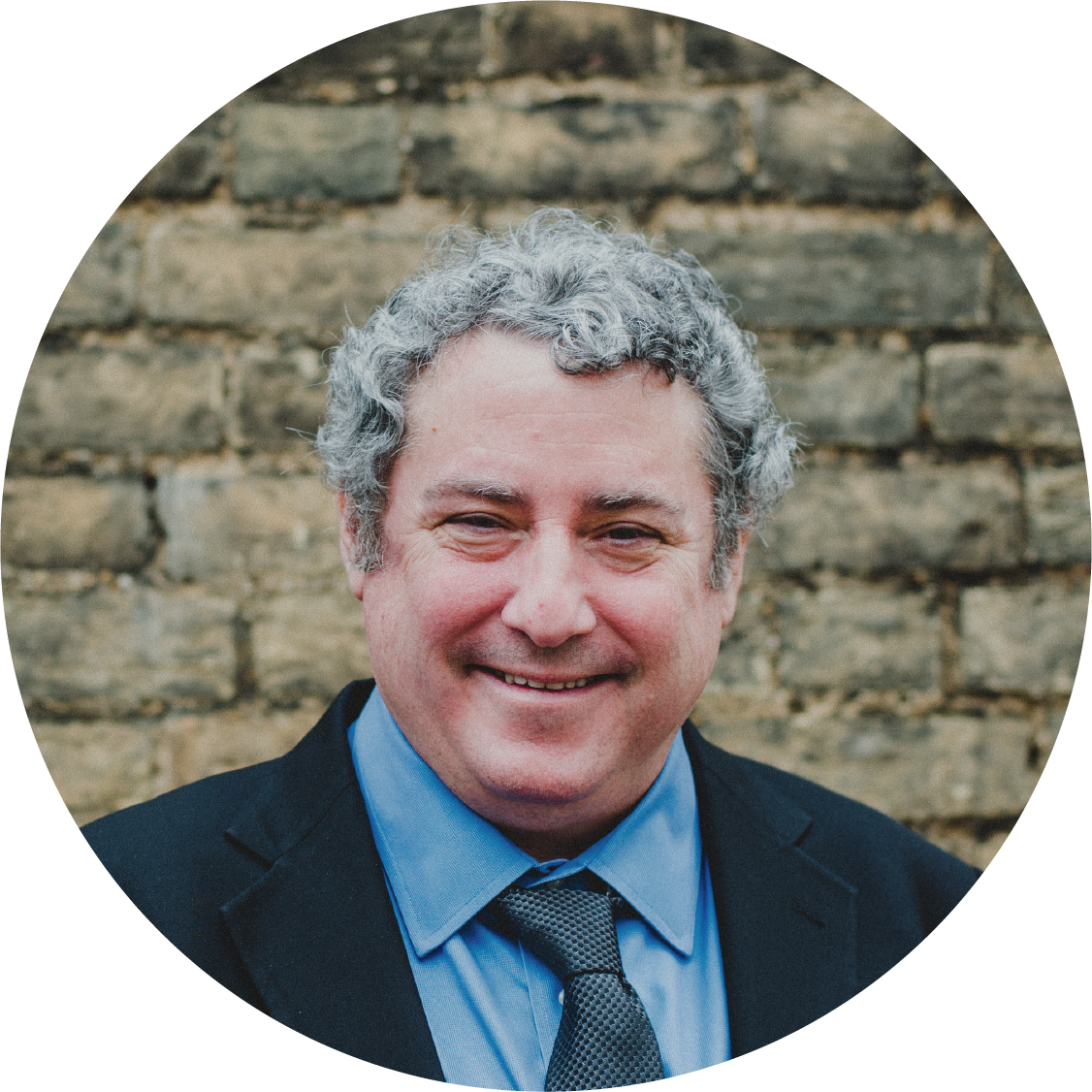
Joel Robbins is Sigrid Rausing Professor of Social Anthropology and Deputy Head of the Department of Social Anthropology at Cambridge, and a Fellow of Trinity College. Joel received his PhD from the University of Virginia in 1998 before being employed first at Reed College and then at the University of California, San Diego. Joel has broad interests in the anthropology of religion, ethics, and anthropological theory, and much of his work to date has focused on working toward the development of the anthropological study of Christianity and on helping to construct theoretical models of radical cultural change. Theoretically, he has most recently been working on developing an anthropological theory of values and what he terms an ‘anthropology of the good’. In a future project, Joel plans to undertake a comparative study of religious higher education. His primary fieldwork has been in Papua New Guinea, studying the Urapmin people of the Sandaun Province. This research has resulted in the monograph ‘Becoming Sinners: Christianity and Moral Torment in a Papua New Guinea Society’ (awarded the J.I. Staley Prize of the School of Advanced Research in 2011). In 2016, Joel was awarded an honorary doctorate in Theology by Lund University.
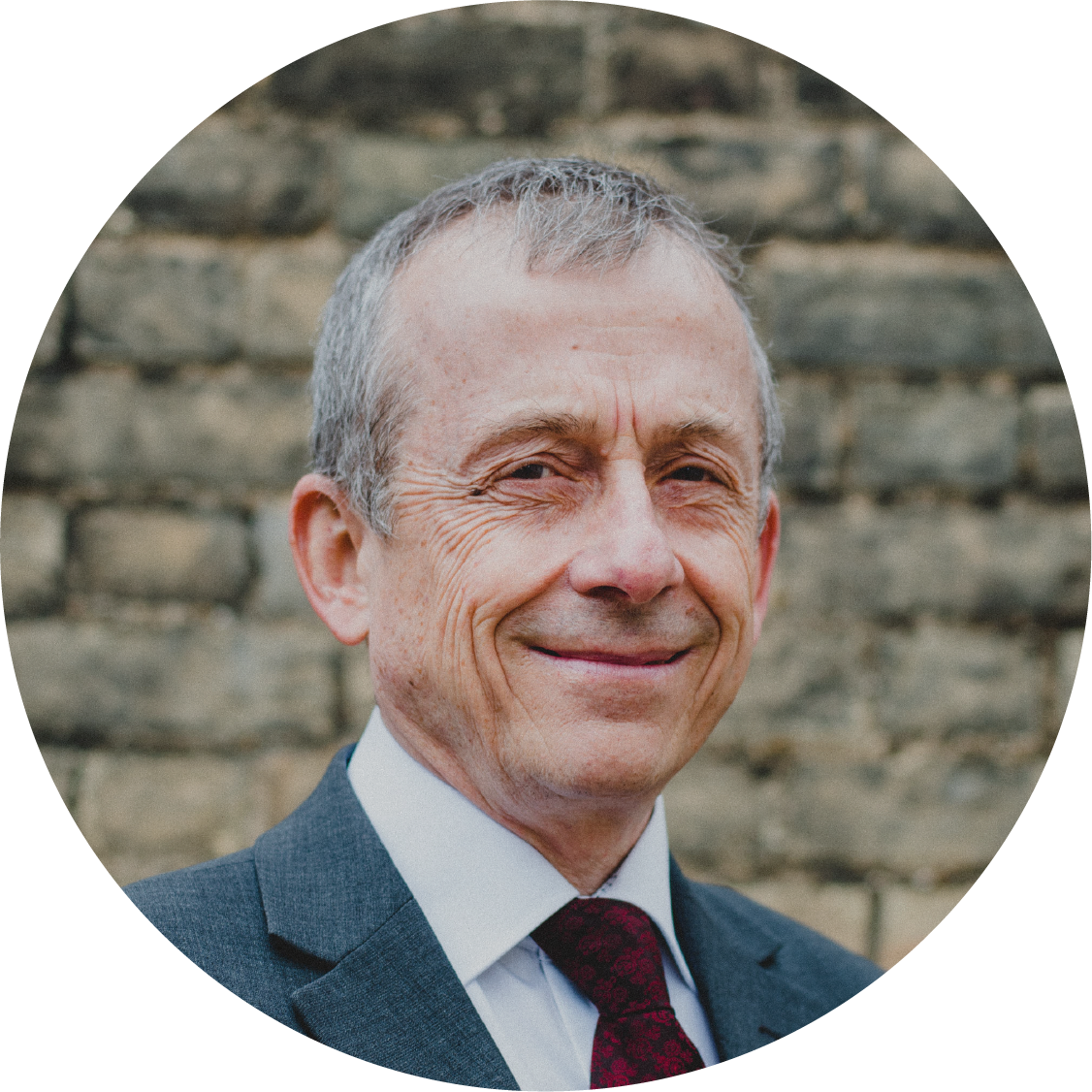
Chris Hann was born in Cardiff and brought up in the nearby new town of Cwmbran. He discovered social anthropology in Cambridge as a graduate student in the 1970s. For his doctoral and postdoctoral research he expanded the regional (Eastern Europe) and thematic (economic organization) specializations he had acquired as an undergraduate in Oxford. Later field projects took him to the Laz region of Turkey and the Xinjiang Uyghur Autonomous region of China (with Ildikó Bellér-Hann). Hann was a fellow of Corpus Christi College between 1980 and 1992, when he gave up his Lectureship in Cambridge to become Professor of Social Anthropology at the University of Kent, Canterbury. In 1999 he moved to Halle (Germany) as one of the Founding Directors of the Max Planck Institute for Social Anthropology. In recent decades he has led a series of projects investigating postsocialist property relations, religion after Marxism-Leninism, and social support and kinship in China and Vietnam, all within the frame of a concept of Eurasia that he derives primarily from the work of Jack Goody. He continues to specialize in economic anthropology and has initiated fruitful collaborations with other scholars in this field, including Catherine Alexander, Stephen Gudeman, Keith Hart, Don Kalb and Jonathan Parry. In ongoing field research in rural Hungary, Hann is exploring moral dimensions of East-Central Europe’s marginal position in the EU and in global capitalism (e.g. in connection with policies toward refugees and “economic migrants”). At the interface with the anthropological study of ethics, it seems preferable to work with Hart’s notion of the “human economy” than with further proliferations of a reified “moral economy”.
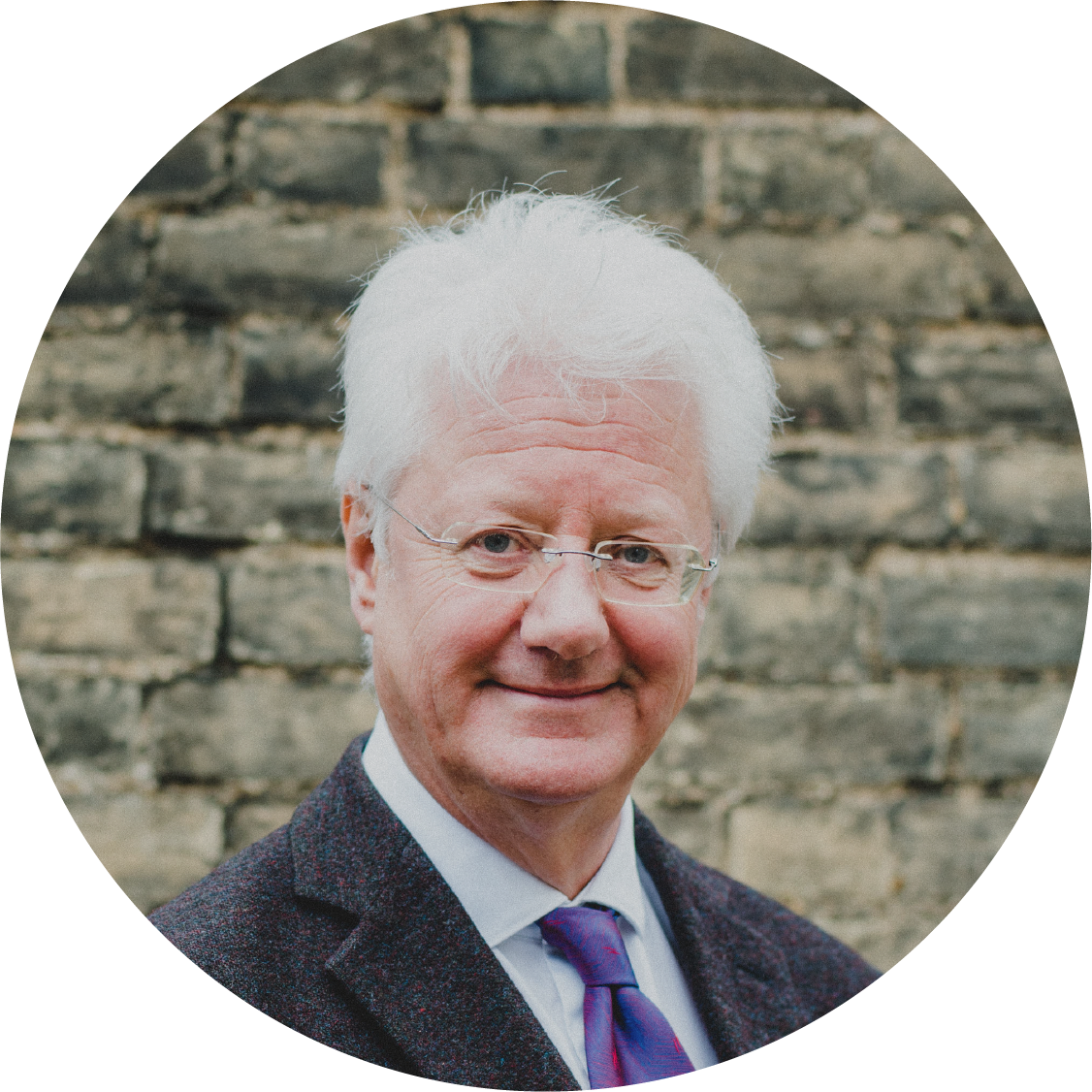
Peter Van der Veer is a Director at MPI-MMG in Göttingen. He has taught Anthropology at the Free University of Amsterdam, Utrecht University and the University of Pennsylvania. In 1992 he was appointed Professor of Comparative Religion and Founding Director of the Research Center in Religion and Society in the Social Science Faculty of the University of Amsterdam. He received the Hendrik Muller Award for his social science study of religion. He is an elected Fellow of the Royal Netherlands Academy of Arts and Sciences. Van der Veer works on religion and nationalism in Asia and Europe. He published a monograph on the comparative study of religion and nationalism in India and China, entitled The Modern Spirit of Asia. The Spiritual and the Secular in China and India (Princeton University Press, 2013) Among his other major publications are Gods on Earth (LSE Monographs, 1988), Religious Nationalism (University of California Press, 1994), and Imperial Encounters (Princeton University Press, 2001). In 2015 he edited the Handbook of Religion and the Asian City. Aspiration and Urbanization in the Twenty-First Century (University of California Press). Most recently he published his Morgan Lectures, entitled The Value of Comparison (Duke University Press, 2016).
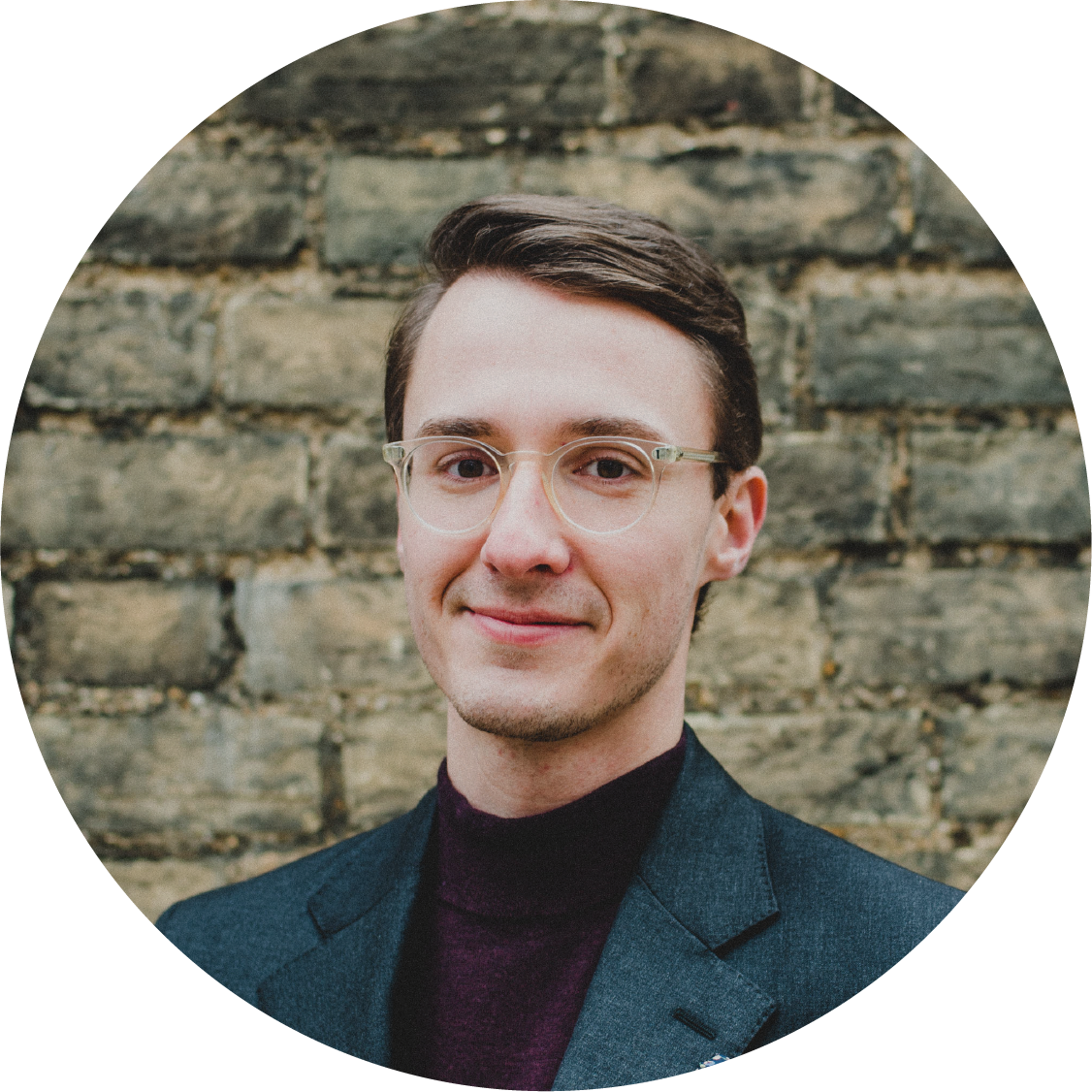
Johannes Lenhard studied Economics and Management at Zeppelin University in Germany, before his postgraduate career at the London School of Economics and then the University of Cambridge focused on various aspects of homesslessness. His PhD asked the question: how do people make a better life on the streets of Paris? At Max-Cam, Johannes acts both as the centre’s research coordinator and continues his own research on inequality and ethics. His postdoctoral project turns to international venture capital investors and investigate the values and ethics behind their efforts of making a better future.
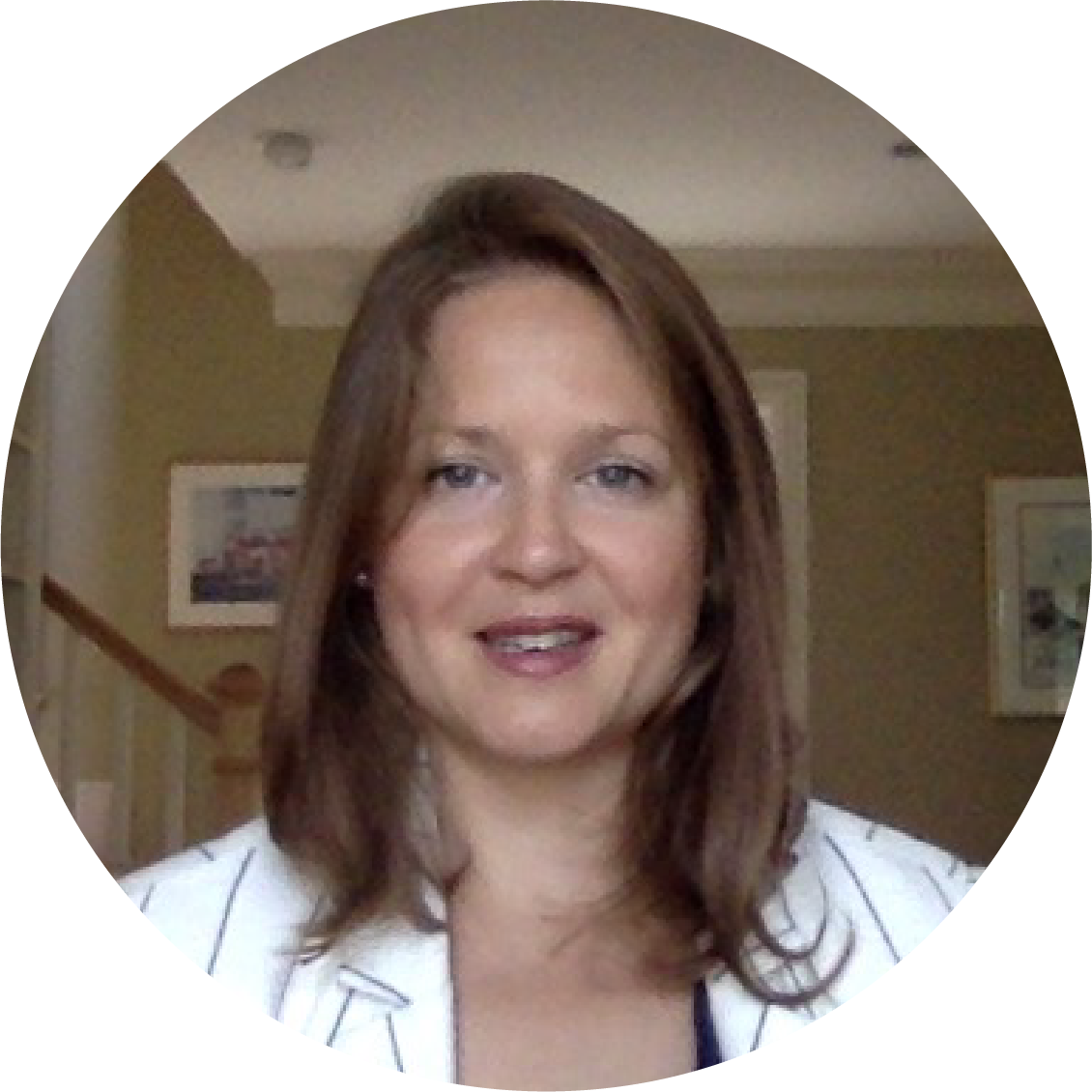
Susan MacDougall is an anthropologist of the Arabic-speaking Middle East, with particular interest in the way social norms, feelings, and everyday ethical life interact. She received her DPhil in Social Anthropology from the University of Oxford, where her research in Jordan explored female friendship and its role in women’s individual projects of self-cultivation. Her postdoctoral research, funded by the British Academy, will explore the ways that states attempt to influence and profit from their citizens’ mundane efforts to live ethically.
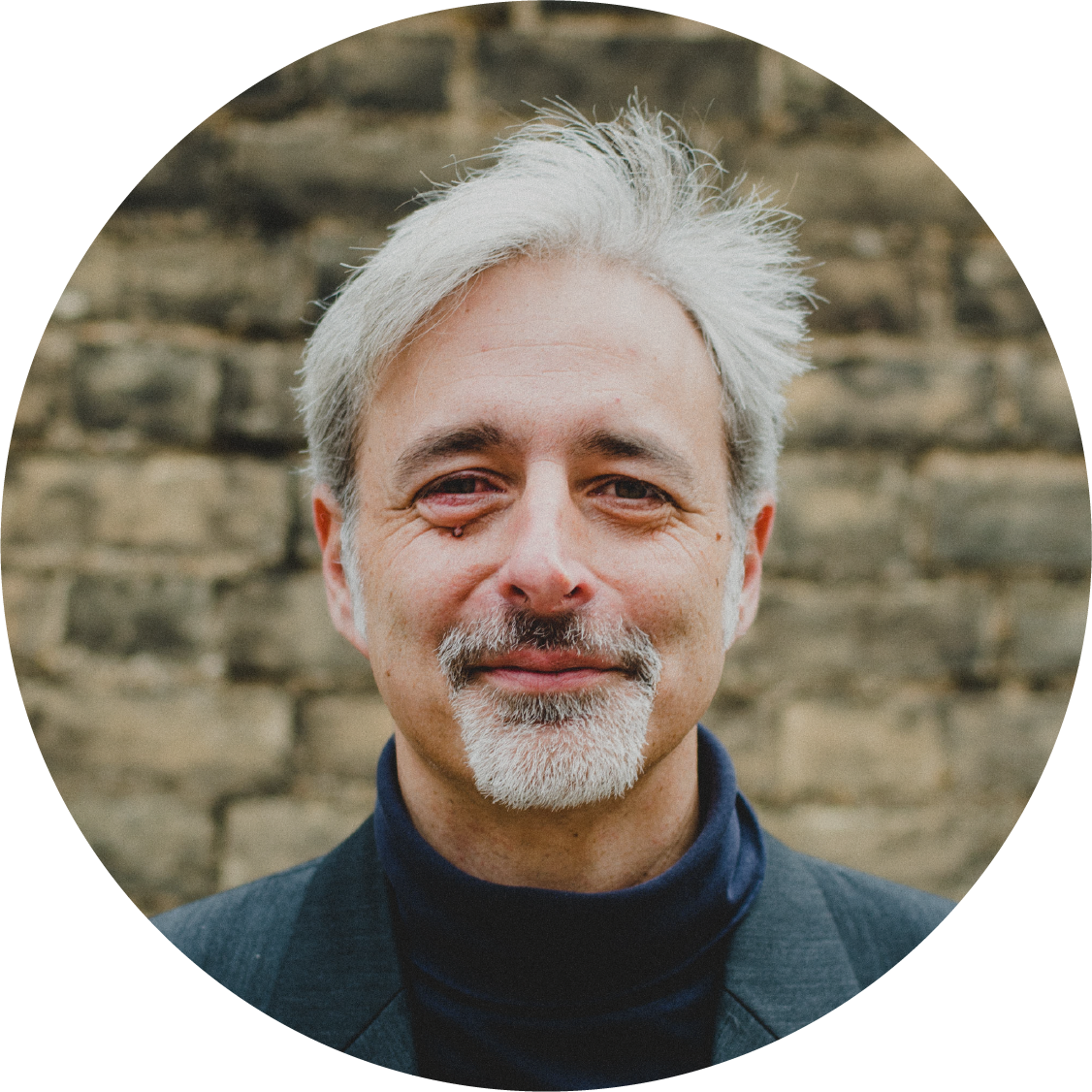
Patrice Ladwig studied Social Anthropology and Sociology in Germany, France and the UK, and obtained his PhD from the University of Cambridge. He completed postdoctoral research at the University of Bristol, and the Max Planck Institute for Social Anthropology, and was Visiting Professor at the Universities of Zürich and Hamburg. Patrice’s Max-Cam research will focus on the interconnections between economic modernization in Laos, and the impact of the latter on ethics and values as articulated in funerals and Buddhist ordination rites. Patrice will be based at the Max Planck Institute for Religious and Ethnic Diversity in Göttingen, Germany.
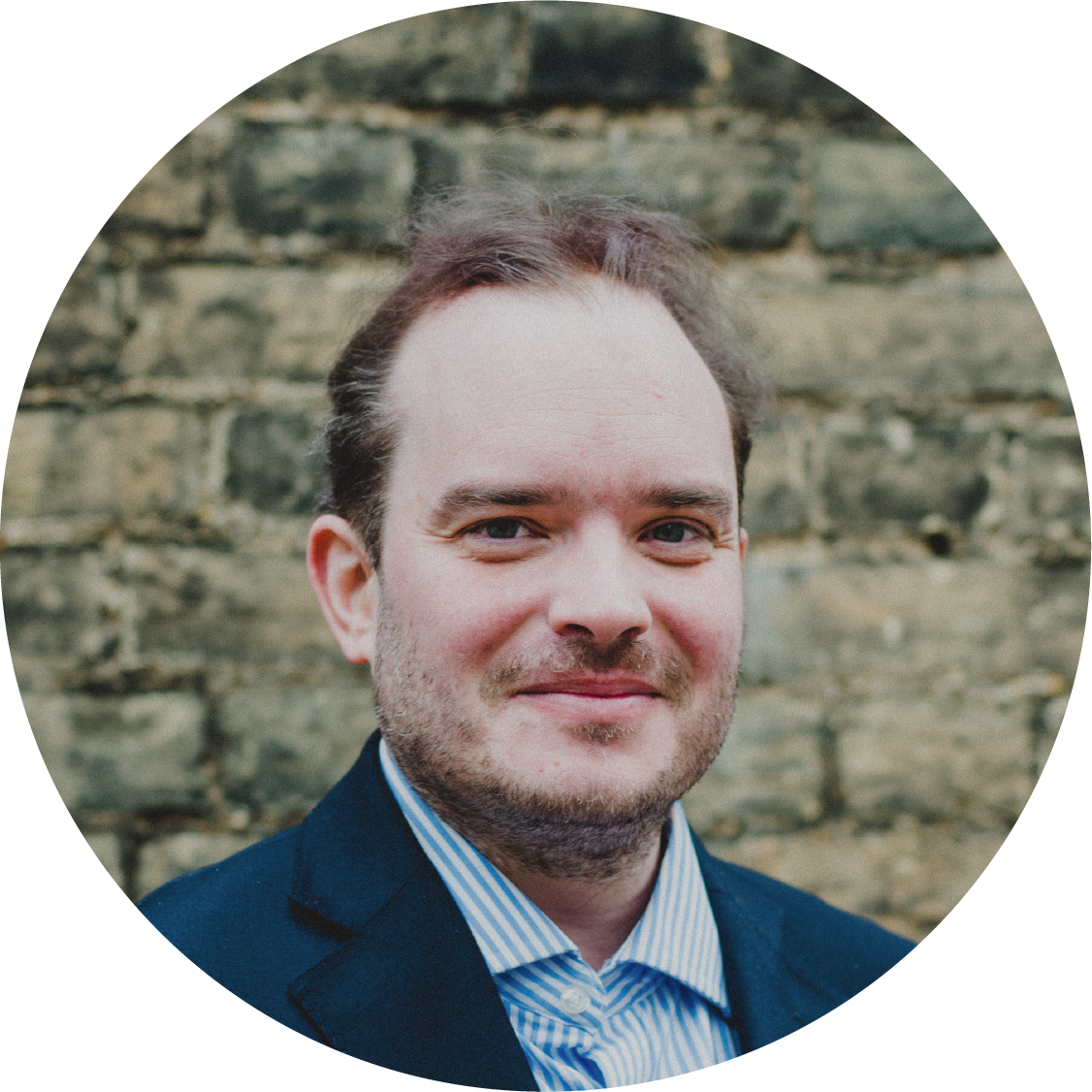
Samuel Williams studied Social Anthropology at the University of Sydney and obtained his PhD from Princeton University. Samuel works on economy and material culture in Turkey, and has a particular interest in the ethnographic study of markets. His research for the Max-Cam centre will examine the circulation of certain forms of gold coin and jewellery between the Middle East and Europe, and he will be based at the Max Planck Institute for Social Anthropology in Halle, Germany.

Scott MacLochlainn is a sociocultural anthropologist and currently a Postdoctoral Research Fellow at the Max Planck Institute for the Study of Religious and Ethnic Diversity, Göttingen. With a geographic focus on the Philippines, as well as the United States, his research seeks to reveal the centrality of legal, corporate, and state technologies in shaping contemporary religious practice. He completed his PhD at the University of Michigan, and his dissertation, The Boundary Indefinite: Schism and the Ethics of Christian Strategy in the Philippines, ethnographically examined the bureaucratic emergence and consequences of Christian pluralism in Occidental Mindoro. He is currently completing a book on how religious communities are enacted as corporations, and as circulating, transnational religious actors. He has started a new research project that explores how, amidst the ongoing extrajudicial killings in the Philippines, the multiple rituals around death — including religious, medical, and legal ones — are constituted as competing types of evidence. To this end, he is interested in how violent forms of death exist as sites of religious and ethical transformation.
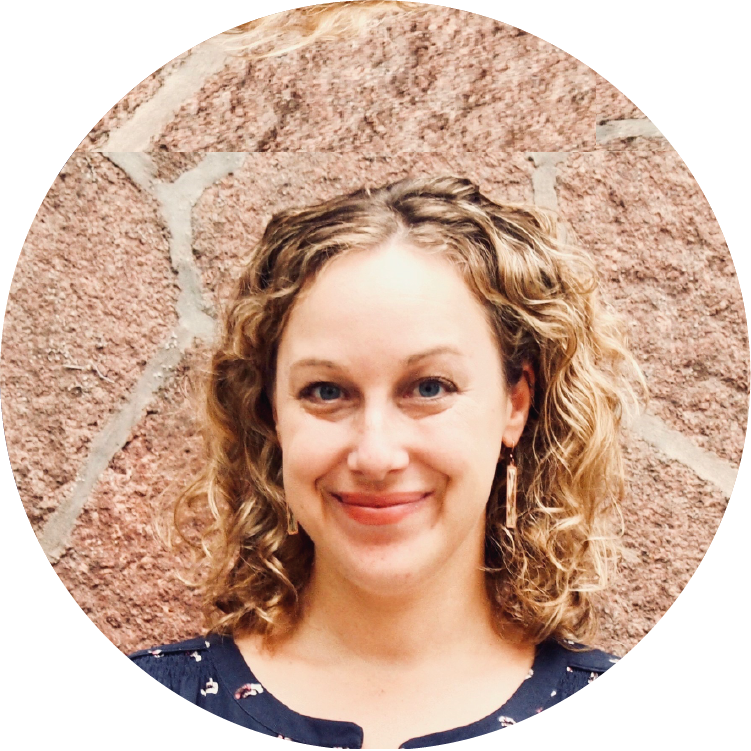
Deborah Jones earned her PhD at the University of Michigan, where she specialized in linguistic anthropology. Her book manuscript in preparation, Words to Sow: Language and Violence in Ukraine, builds on her doctoral research in agrarian Ukraine in the year leading up to the Maidan Revolution and as the country descended into armed conflict. As part of the Max-Cam group, Deborah is developing her second project, which is on ghostwriters, people who write as someone else for pay. She is based at the Max Planck Institute for Social Anthropology in Halle, Germany.
Kelly Fagan Robinson is Medical Anthropology Subject Manager and Lecturer on the Health, Medicine and Society MPhil. She earned her PhD from UCL with her (ESRC/AHRC heritage and public policy) research, Looking to Listen, a project which investigated deaf people’s visual-tactile communication resources, and institutional reception of or resistance to deaf-centred practices. This academic year, Robinson will commence a three-year Leverhulme Early Career and Isaac Newton Trust Fellowship project, ‘Communication Faultlines on the Frontlines’. This research will question: what are the limits of communication? by examining transformations in the ways that British people define ‘support’. Concepts of support have shifted significantly in recent years, particularly as Brexit-based political polarity has foregrounded the size and cost of the Social State, and as the UK’s resources have strained under austerity measures, digitisation, the advent of algorithmically-determined eligibility, and COVID19. Robinson’s research aims to deconstruct the constitutive layers that build individual interpretations and articulations of the value of support, along with the implications associated with seeking public resources, more specifically the documented increases in psychic crisis, self-harm, and suicide due to loss of personal dignity. This places Robinson’s research at the crossroads of medical anthropology, semiotics, social policy and ethics, offering a distinct but complementary contribution to research currently being conducted within Max Cam.
Juan del Nido is the Philomathia ‘Ethics of Technology’ three year postdoc. Based on an ethnographic analysis of how a Buenos Aires’ NGO promotes and brokers the incorporation of Blockchain among public and private stakeholders, my project will examine how technology mediates the imagination of a horizon beyond ethics. Haunted by confirmed or presumed corruption, indolence and what they see as the moral deterioration of the public sphere, certain middle class Argentines see in Blockchain’s technical properties, processes and code the means not to flesh out or embody the ethical but to outright foreclose it, and deviations thereof, as a subject of concern.
Building on recent developments in the anthropology of ethics, political theory and economic reasoning I will be looking at the following questions: What kind of order could lie beyond the ethical? How would it reproduce and sustain itself? How would economic, moral and political categories like efficiency, transparency, equality and freedom, and longstanding cultural patterns like the public vs. private divide, exist in such an order? How do technological affordances mobilize (post-)ethical imaginations?
Timothy Cooper obtained his PhD in Anthropology at University College London. Mentored by Professor Joel Robbins, his Postdoctoral Research Fellowship at the Department of Social Anthropology at the University of Cambridge builds on recently completed doctoral research on the dynamics of technical mediation among traders in a large electronics market in the Pakistani city of Lahore. In these contexts, giving a name to the atmospheric conditions of moral experience helps individuals and collectives make sense of the difficult relationship between technology, piety, and public affect. Otherwise comprised of publication projects, stakeholder engagement, and impact activities, further research conducted as part of the fellowship will build on the above to explore the role thresholds of permissibility play in the circulation of devotional recordings among the minority Shi’a Muslim community in Pakistani Punjab. The research examines the controversies surrounding a new genre of popular recitation known as qasida fouq or qasida bhatti, which has achieved fame and notoriety for the ways in which it continually tests the ethical threshold between religious recitation and secular song.
Daniel White examines the mutual production of emotion, politics and emerging media technologies, with geographic concentrations on Japan and the UK. Currently he is investigating practices of emotion modeling in the development of affect-sensitive software, social robots and artificial emotional intelligence. Through an ongoing project called Model Emotion, he works across disciplines with anthropologists, psychologists, computer scientists and robotics engineers to trace how theoretical models of emotion are built into machines with the capacity to evoke, read or even in a philosophical sense ‘have’ emotion in ways that foster care and wellbeing. Comparing how this process unfolds differently in places like Japan and the UK, he explores how designing robots with emotional intelligence is shifting research agendas within the psychological science of emotion, as well as transforming people’s capacities to relate affectively and ethically with emerging forms of artificial life.
Advisory board
Stephen Gudeman (Minnesota)
Marie-Claire Foblets (MPI Halle)
Tanya Luhrmann (Stanford)
Susan Bayly (Cambridge)
Ayelet Shachar (Göttingen)
Birgit Meyer (Utrecht)
Gillian Tett (Financial Times)
